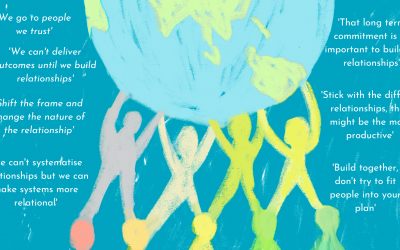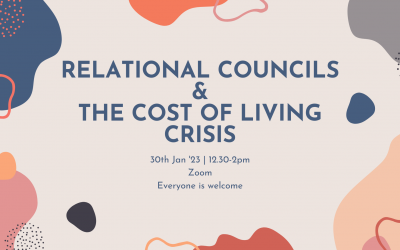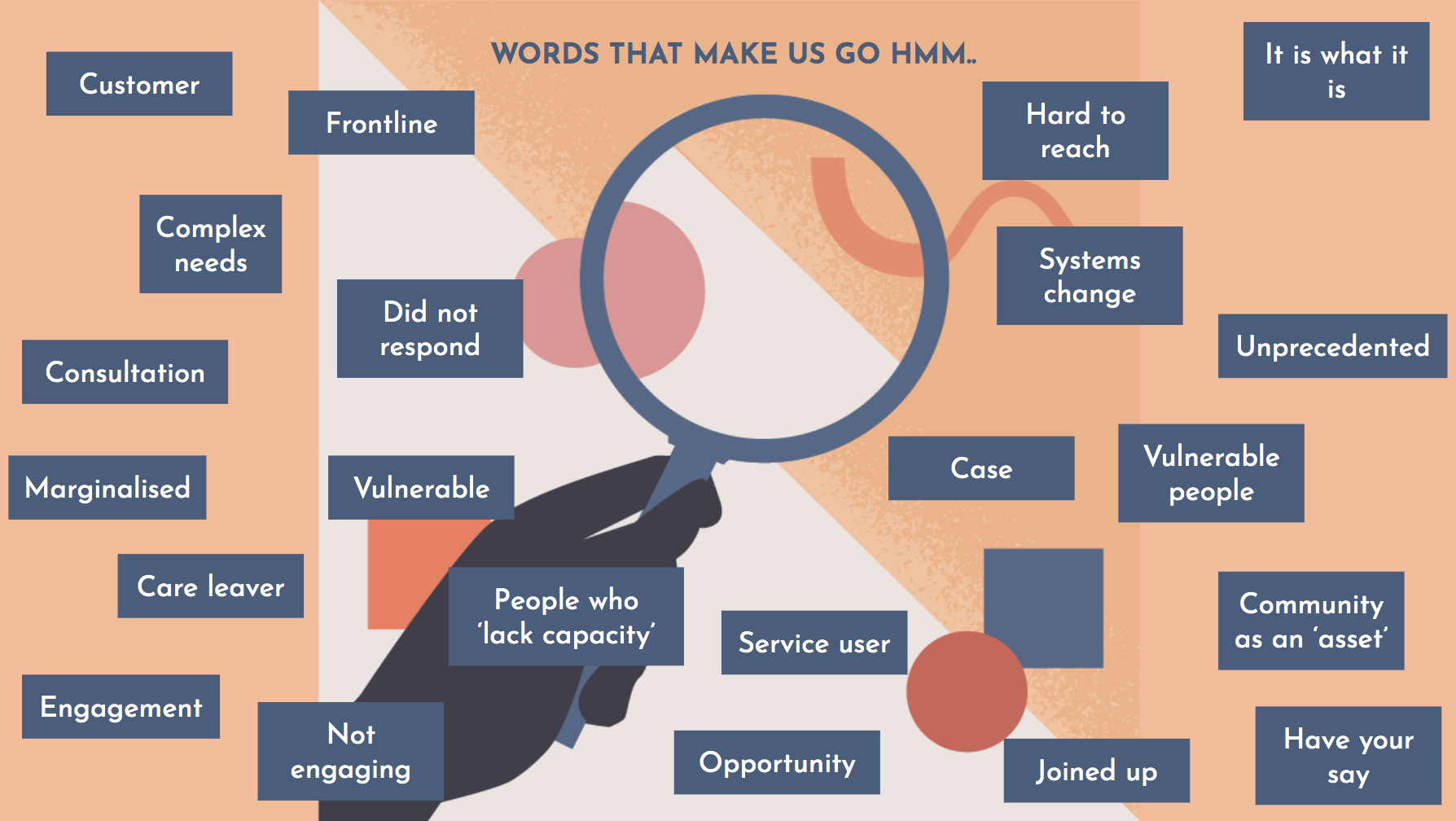Kit for Councils
A pack for local authorities to support strong community relationships
During Covid we have seen inspiring examples of councils across the country nimbly adapting to respond and support community activity. As we look beyond the pandemic, we must nurture these new relationships, enabling them to flourish into the networks of support that will enrich and strengthen our community life. Councils must be at the heart of this.
This kit of resources – created with Tony Clements, CEO of Ealing Council – is designed to help councils look ahead to reimagine their organisations and services with relationships at their heart.
What is the appropriate statecraft, in style and substance, for enabling strong and connected communities? How does the state open possibilities without undue risk, and raise the game without controlling and constraining? By putting relationships at the heart.
Explore the kit
The Relationships Framework
A set of principles for sustaining and nurturing community activity now and in the future
The Framework in Action
A database of dozens of real life examples of councils working in relationship-centred ways
The Relationships Navigator
A simple tool to use with your team to assess how closely your practice aligns with the principles in the Framework
Relational Councils Network
In partnership with London Borough of Barking and Dagenham Council, we have set up The Relational Councils Network: A peer learning space for anyone working in or with local authorities and seeking to make relationships the central operating principle. During our sessions together, we hear from inspirational speakers, share examples of how relationships can strengthen the work of councils, and explore practical ideas and expertise.
In this video, originally shared with Grapevine’s Thinkers and Doers network, Tony Clements introduces the Kit for Councils, talks through the nine principles, and fields some questions from members.
9 principles for councils
In The Relationships Framework we suggest 9 principles for for sustaining and nurturing community activity now and in the future.

Shift the obstacles
Remove bureaucratic barriers to community activity and citizens engaging with the council

Sustain motivation and build new purpose
Show people how their relationships and actions help address big issues.

Develop the Covid social infrastructure
Build on the new ways of working and connecting the pandemic has catalysed

Create open and transparent cultures
Foster trust by setting clear standards, being honest about mistakes + making information open

Enhance the everyday touchpoints
Make relationship–building an integral aim of council services

Build relationships into physical spaces
Use the built environment to encourage connection

Renew relationships with the voluntary sector
Share power through equal collaboration and favourable procurement

Train and empower staff
Equip council staff and dedicated community teams to build relationships day-to-day

Embrace new accountabilities
Ensure the council is publicly held to account for fostering community relationships.
Related blogs
Relational Councils and the Cost of Living Crisis
The Relational Councils Network gathered on 30/1/23 to talk about the cost-of-living crisis and relational responses. Partners from the council and the community in Barking and Dagenham provided the key note experience. A list of links and resources mentioned in the...
Relational Councils and the cost of living crisis
In the Relational Councils Network we are working to support one another in making the challenging transition from relationships as the extra mile, to relationships as the first mile. If this mission is to be credible and useful in 2023 it must have relevance to the...
Relational Councils: Developing a more relational language
Our third Relational Councils Convening took place on 25th April 2022, co-hosted by LBBD. Bryony Shannon, author of the excellent blog Rewriting Social Care and Strategic Lead for Practice Development at Doncaster Council, shared her thoughts on why language matters,...



